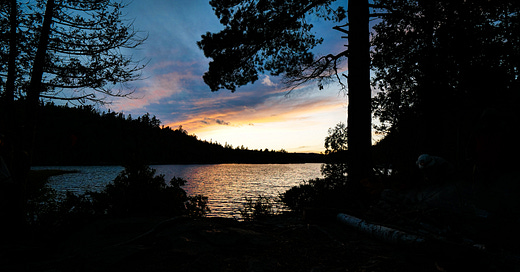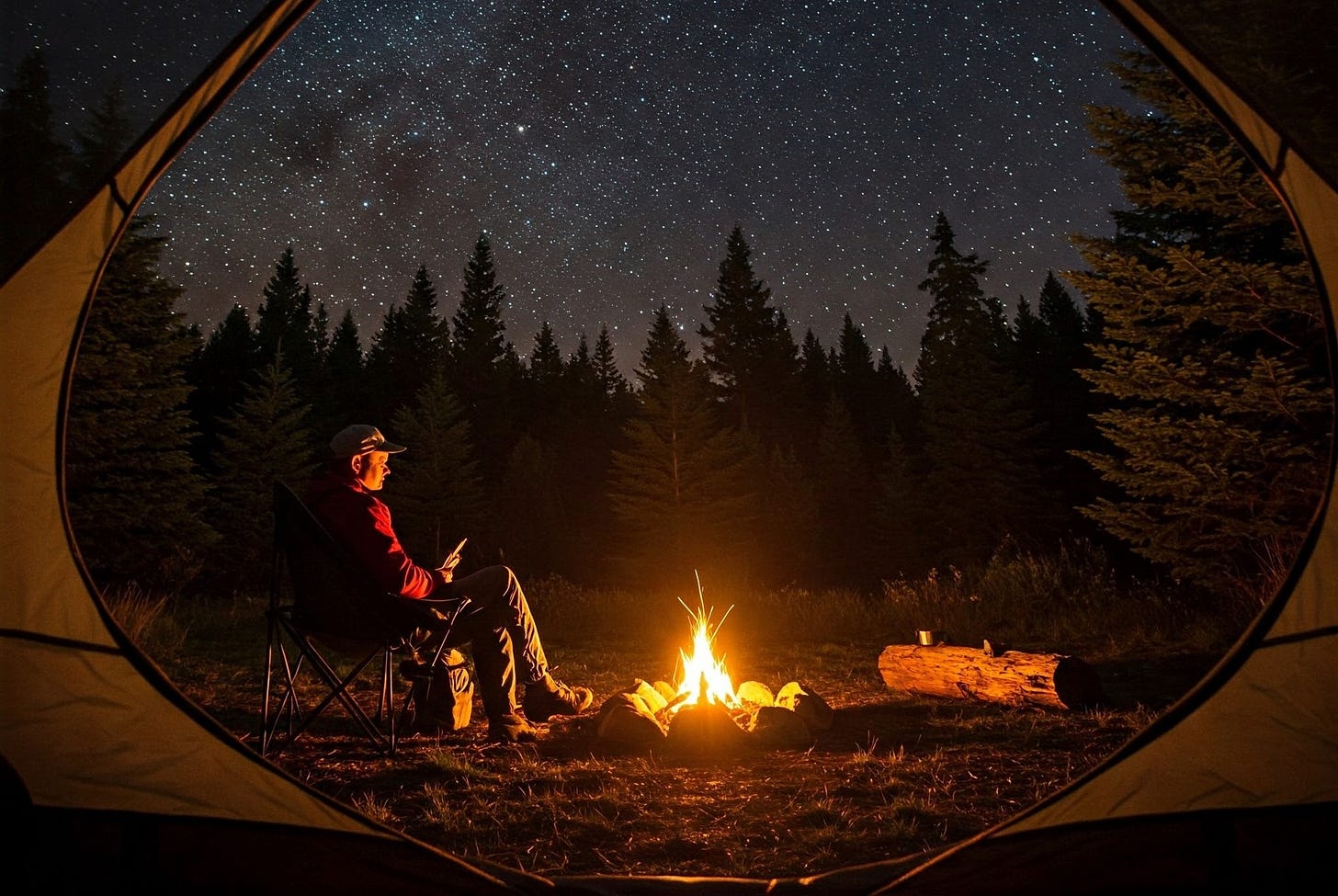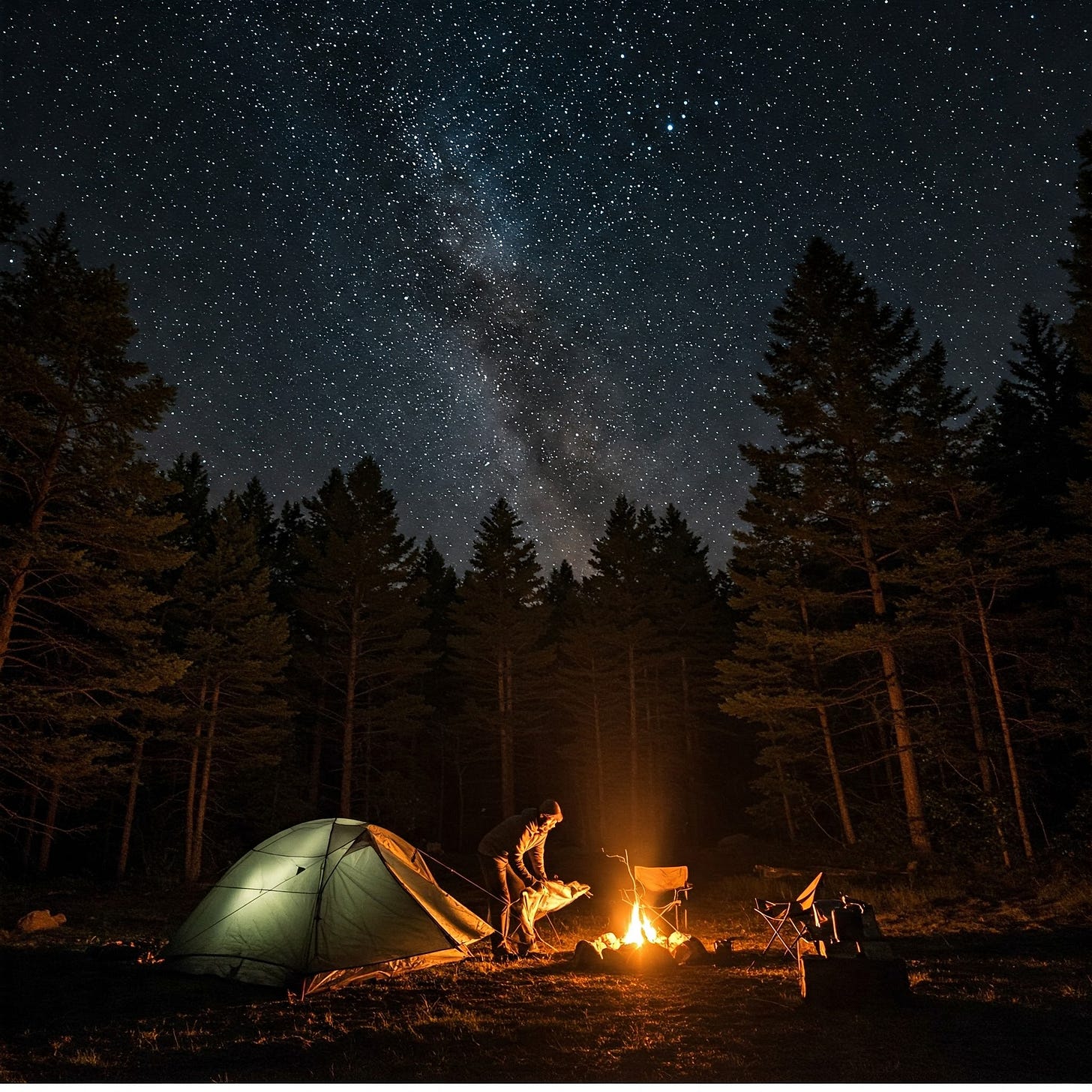The memory, like a faded photograph, flickers to life. It’s a summer night, the air thick with the scent of pine needles and damp earth. A chorus of crickets chirps a lullaby, a counterpoint to the crackling of the campfire. Inside the tent, a cocoon of canvas and mesh, I lie on my back, the thin fabric of the tent ceiling a sieve for the Milky Way. Stars, countless and diamond-bright, pierce the velvet canvas of the night.
This, I think, is the essence of camping. Not just the gear, the logistics, the inevitable mosquito bites. It’s about that primal connection to the natural world, a shedding of the modern conveniences that insulate us from the rhythms of the earth. It’s about the quietude, the stillness, the chance to reconnect with ourselves and the universe.
Think about it. For millennia, humans sought shelter under the open sky. Caves, overhangs, crudely constructed lean-tos – these were our first homes, a testament to our ingenuity and our intimate relationship with the natural world. The tent, in its various forms, is a direct descendant of these early shelters, a bridge between our ancient past and our modern desire for adventure.
But the allure of the tent goes beyond mere shelter. It’s about the experience itself. The act of pitching camp, of transforming a patch of wilderness into a temporary sanctuary, is a kind of magic. The careful selection of the campsite, the delicate dance of stakes and guy lines, the satisfaction of a taut and secure shelter – these are the rituals that elevate camping from mere survival to an art form.
And then there’s the campfire. The flickering flames, a primal source of light and warmth, cast dancing shadows that play across the faces of those gathered around. Stories are shared, laughter erupts, and the worries of the day seem to melt away in the glow of the embers. The campfire, like the tent itself, is a social hub, a magnet for conversation and camaraderie.
But what is it truly like to sleep in a tent? It’s a sensory experience, a symphony of sights and sounds and smells. The rustle of leaves in the wind, the distant hoot of an owl, the rhythmic breathing of your companions – these are the nocturnal soundtrack to your slumber. The feel of the cool earth beneath you, the gentle sway of the tent in the breeze, the comforting weight of your sleeping bag – these are the physical sensations that define the experience.
And then there are the stars. Oh, the stars! Lying there, cocooned within your canvas haven, you are granted a front-row seat to the celestial ballet. Constellations, invisible in the city’s glare, emerge with breathtaking clarity. The Milky Way, a river of stars, arcs across the sky, a breathtaking testament to the vastness of the cosmos. Sleeping under the stars is not just a way to rest; it’s a way to reconnect with the universe, to feel a part of something much larger than ourselves.
The Stars, Oh, the Stars!
Beyond simply being a leisure activity, connecting with the night sky offers numerous advantages for human well-being. Studies have shown that stargazing can significantly reduce stress levels by lowering cortisol, the stress hormone. The vastness of the cosmos can put our daily anxieties into perspective, providing a sense of calm and tranquillity.
Furthermore, stargazing evokes a powerful sense of awe and wonder, fostering a deeper appreciation for our place in the universe. Recognizing our connection to the cosmos, made of the same stardust as the stars themselves, can be a deeply moving experience, inspiring a greater sense of purpose and interconnectedness. Moreover, stargazing encourages a reconnection with nature, a crucial aspect in our increasingly urbanized world. By experiencing the beauty and wonder of the night sky firsthand, we are reminded of our place within the larger ecosystem and the importance of protecting our planet.
After all, in the words of Carl Sagan, "Somewhere, something incredible is waiting to be known." And perhaps, just perhaps, that something incredible is waiting for you right above your head.
The Challenges
Of course, camping is not without its challenges. The unpredictable weather, the ever-present threat of insects, the occasional discomfort – these are the realities of life in the wild. But these challenges, I believe, are part of the appeal. They force us to confront our limitations, to adapt and overcome, to appreciate the simple pleasures of a warm meal and a dry sleeping bag.
Choosing the right tent is crucial, of course. From lightweight backpacking shelters to spacious family tents, the options are seemingly endless. Consider your intended use: backpacking, car camping, mountaineering? What size do you need? How much weight are you willing to carry? What features are most important to you – ventilation, durability, ease of setup?
Research is key. Read reviews, consult with experienced campers, and don’t hesitate to ask questions. And remember, the best tent is the one that suits your needs and your style of camping.
But beyond the technicalities, the true joy of camping lies in the experience itself. It’s about embracing the simplicity of life in the outdoors, about finding solace in the quietude of nature, about reconnecting with that primal sense of wonder and awe.
So, the next time you feel the urge to escape the hustle and bustle of modern life, consider pitching a tent. Embrace the call of the wild. Let the stars be your guide. You might just discover that the allure of the tent is more than just a fleeting fancy; it’s a timeless connection to the very essence of our being.
Why Skills Matter in the Age of Exploration
The modern outdoorsman, I believe, is more than just a consumer of gear. They are a craftsman, a problem-solver, a student of the natural world. Knowing how to navigate by the stars, purify water, and build a shelter from the elements – these aren't just survival tactics; they are keys to deeper immersion, to a more profound connection with the wild.
Think of it this way. Learning to tie a proper knot isn't just about securing gear; it's about understanding friction, leverage, and the subtle interplay of forces. Building a fire isn't just about warmth; it's about understanding combustion, airflow, and the delicate dance of tinder, kindling, and fuel. These skills aren't just technical; they are a way of thinking, a framework for understanding the natural world on its own terms.
The rewards extend far beyond the practical. Mastering a wilderness skill fosters a sense of self-reliance and accomplishment. It connects us to a rich human history of ingenuity and adaptation. It deepens our appreciation for the natural world, not as a passive backdrop for our adventures but as a dynamic system with its own intricate rules and rhythms.






